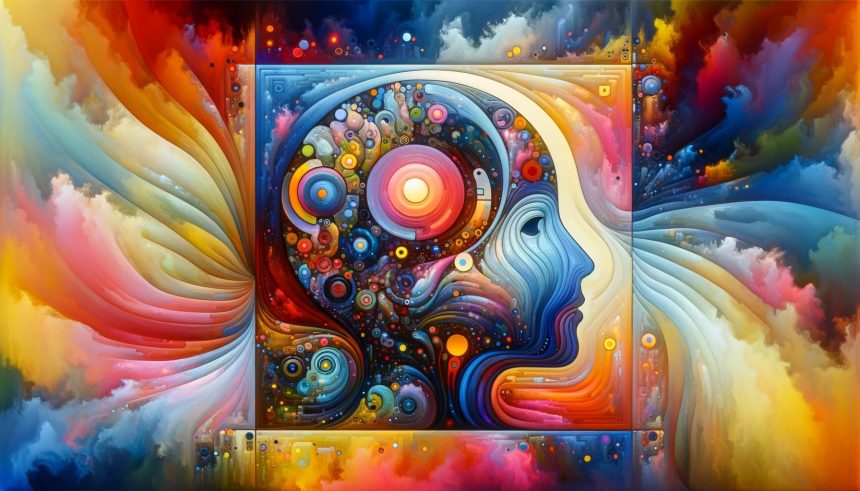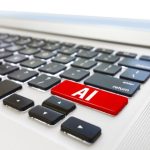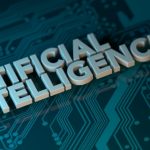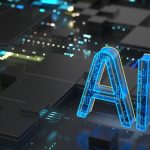Whether A.I. holds promise or peril is a subject of constant debate, but some experts see a clear trajectory for its future. Ray Kurzweil, widely regarded for his foresight in technology, continues to influence the way companies and communities approach artificial intelligence. With a background spanning roles at Google and as co-founder of Beyond Imagination, Kurzweil has not only forecasted trends but also participated actively in shaping them. Recent investment activity and publication of his new book, The Singularity Is Nearer, reflect his persistent view that A.I. will soon reach a pivotal milestone—matching human intelligence by the end of this decade.
Earlier coverage of Kurzweil’s predictions was met with skepticism, with experts frequently pushing back timelines for A.I. achieving human-level cognition. Over the years, increasing developments in neural networks and machine learning have led many in the industry to acknowledge the acceleration Kurzweil predicted. Future-facing initiatives like Beyond Imagination’s humanoid robotics and Google’s advancements in natural language processing have brought discussion of human-A.I. convergence into mainstream research and development strategies more than ever before.
What Stands Behind Kurzweil’s View of A.I.?
Kurzweil maintains that artificial intelligence is not an adversarial force, but rather an extension of humanity’s longstanding relationship with technology. Drawing analogies to the basic tools used by early humans, he positions A.I. not as a rival but as a development that borrows fundamentally from human values and experience. He explains that the integration of A.I. into daily life is already underway, as digital and physical boundaries blur through technologies people use every day.
When Did the Industry’s Perspective Shift?
Industry consensus has shifted significantly over time, with Kurzweil noting that earlier predictions were considered optimistic by most experts. He recalls,
“Twenty-six years ago, in my book The Age of Spiritual Machines, I predicted A.I. would reach human-level intelligence by 2029.”
Since then, new computational capabilities have made it possible for machines to learn across diverse domains, a trend that now aligns with many expert forecasts. Progress in areas such as machine learning has become so rapid that some researchers now believe human-level intelligence in A.I. could even arrive ahead of Kurzweil’s original timeline.
How Could A.I. Impact Health and Longevity?
Kurzweil believes A.I. will be deeply significant for medicine over the coming decade. He highlights how companies like Moderna utilized A.I.-enabled simulations to expedite vaccine development, and he sees similar methods transforming cancer and Alzheimer’s research. According to his projections, advances in computational biology will soon make it possible to run personalized drug trials far faster and more effectively than traditional methods. In his words,
“A.I. is enabling massive biological simulations that can rapidly test billions of possible molecular sequences to find optimal medicines.”
He anticipates that by 2032, scientific breakthroughs powered by A.I. could bring humanity to a point he calls Longevity Escape Velocity, where medical progress offsets the effects of aging year by year.
Kurzweil’s predictions and positions reflect a broader change in how technologists, investors, and the public are approaching artificial intelligence. Once viewed as distant speculation, his outlook now echoes across not only the technology sector but also life sciences, reflecting real-world shifts in research funding and priorities. Readers following developments in A.I. should note that the debate is no longer only about if A.I. will reach human-level abilities, but how quickly—and how this capability will intersect with daily life and pressing societal challenges. As companies like Google and Beyond Imagination continue to allocate resources toward these goals, individuals and institutions alike face new decisions about ethics, policy, and participation in the era of artificial intelligence.
- Ray Kurzweil says A.I. will match human intelligence by 2029.
- He expects A.I. to accelerate breakthroughs in health and medicine.
- Industry views now widely reflect Kurzweil’s earlier bold predictions.










